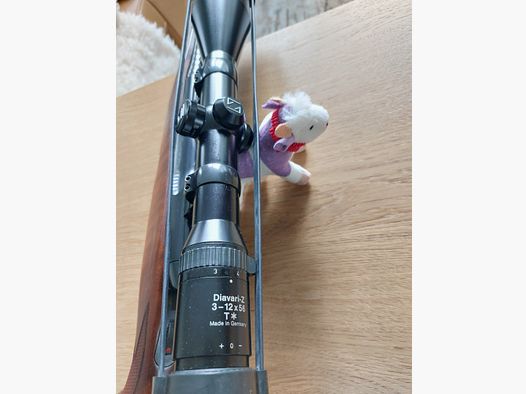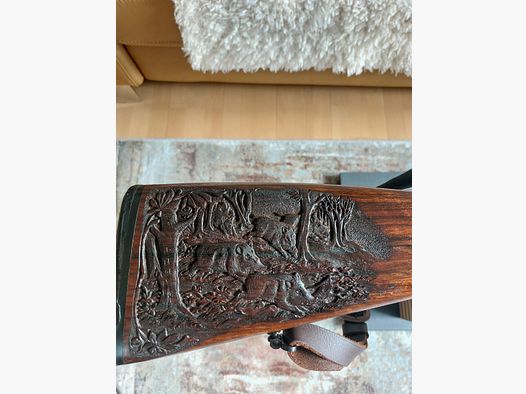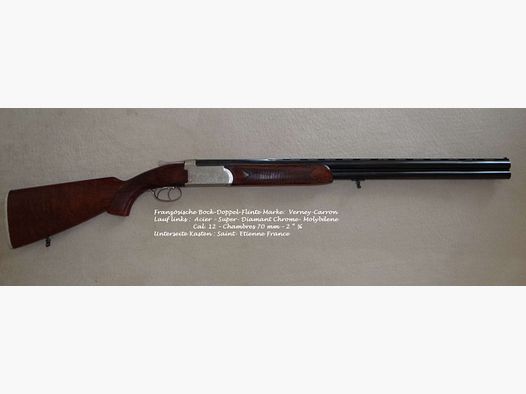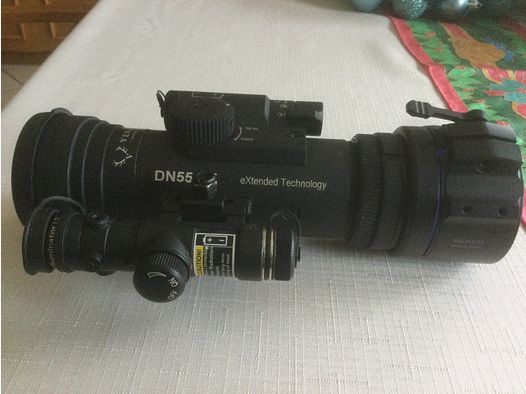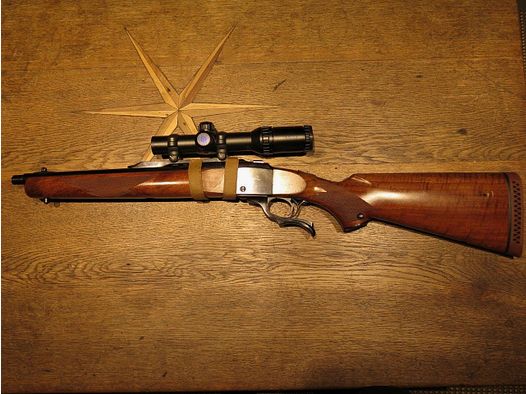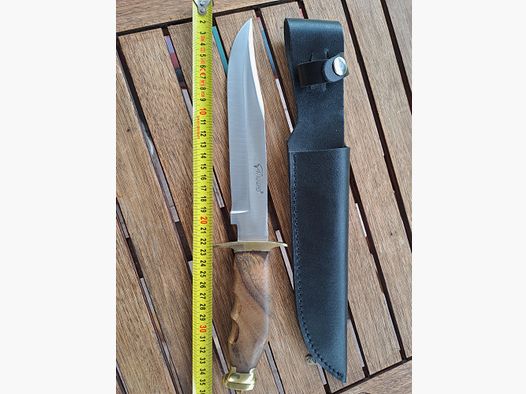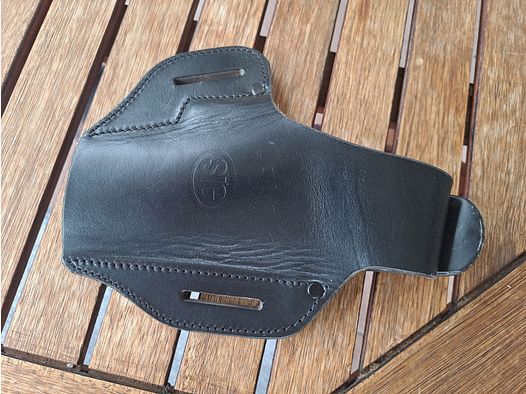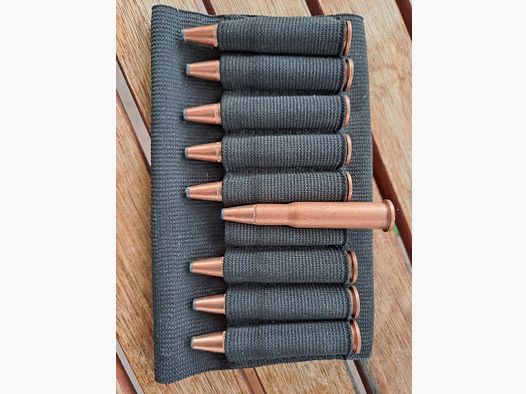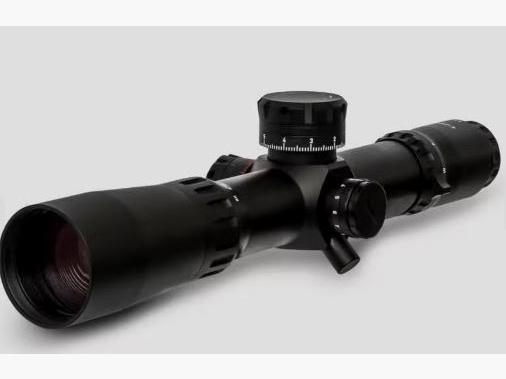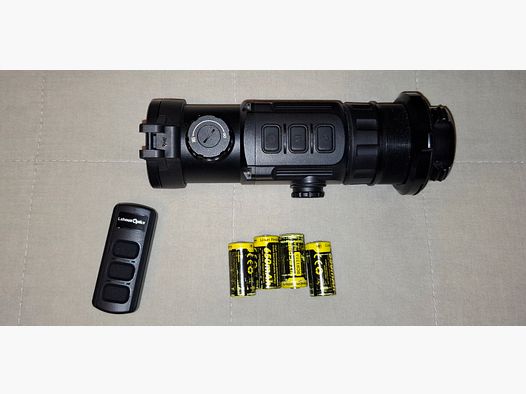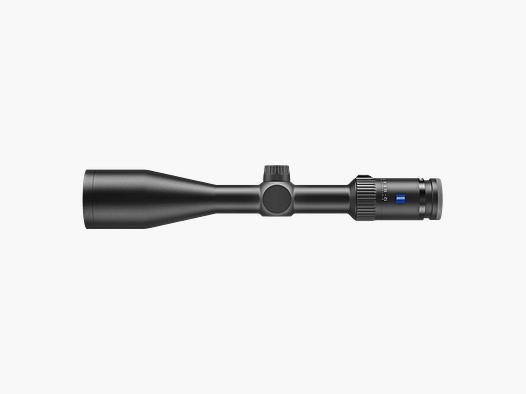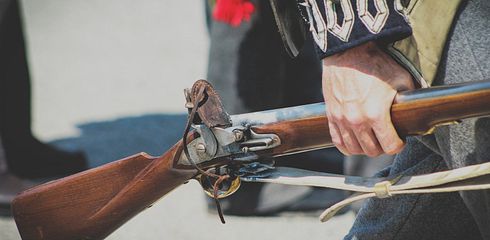A draft to amend the Federal Hunting Law (BJagdG) has been presented by Federal Minister of Agriculture Julia Klöckner.
The aim of the amendment draft is to establish an appropriate balance between forest and game, to standardize the hunting examination regulations of the individual state hunting associations, and to reduce the lead emissions from rifle ammunition into the environment, as stated by the ministry in a press release dated July 27, 2020.
The bill is now going into the state and association hearing, with the submission planned for the federal cabinet in September 2020.
Summarized are the key points as of the current status (August 3, 2020):
- Uniform federal regulations for the certification of rifle ammunition are to come into effect. The goal is optimal killing effectiveness while simultaneously minimizing lead.
- A shooting proof will be mandatory for participation in social hunts.
- The requirements for hunter and falconer training are to be standardized nationwide, thus ensuring a higher standard.
Furthermore, the draft law is to include:
- The official (maximum) culling plan for roe deer is to be abolished. Instead, the local stakeholders, namely the hunting associations, landowners, and those entitled to hunt, will in the future be responsible for agreeing on an annual minimum culling for roe deer, which is to be recorded in the lease agreement. The minimum culling is to be submitted to the lower hunting authority for approval.
- If the mentioned parties cannot reach an agreement, the lower hunting authority will set a minimum culling quota based on browsing assessments. The hunting authority can order a reduction in the wildlife population if the minimum culling is not achieved.
- The term "management" will be supplemented to ensure that "natural regeneration of the forest must be possible essentially without protective measures." The reason for this is the necessary protection of the forest against climate change.
- The ban on night vision technology for hunting wild boar will be lifted—especially due to the necessary reduction of the wild boar population concerning African swine fever and for more animal welfare-compliant hunting of wild boar at night.
- Traps will be banned.
- Prohibition of possession of ready-to-catch traps for birds of prey (exception: falconers and science).
- Prohibition of hunting at wildlife crossing aids (exception: driven hunts).
- Increase in hunting liability insurance and the fine framework.



